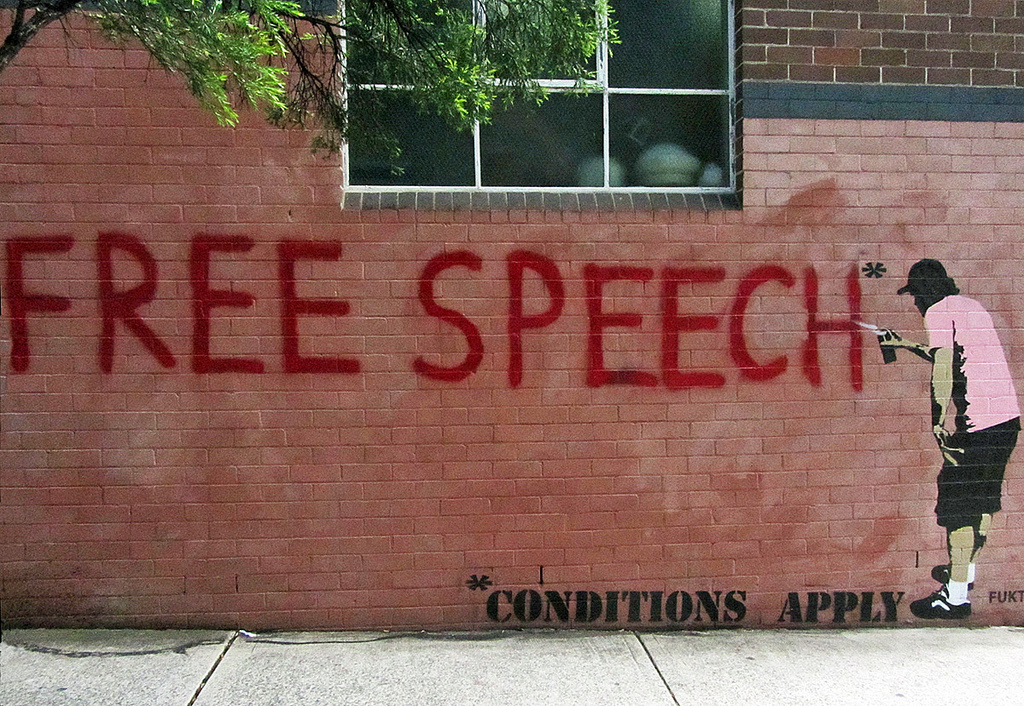On February 6, Dr. Sigal Ben-Porath came to McGill’s Leacock Building to deliver a lecture concerning issues of free speech on campus. Ben-Porath is a professor in the Graduate School of Education at the University of Pennsylvania and her lecture at McGill elaborated on many of the ideas presented in her 2017 book, Free Speech on Campus. Her lecture was presented by the Institute for Liberal Studies, an educational non-profit based in Ottawa, Ontario.
Through Free Speech on Campus and other work, Ben-Porath has developed a framework of “inclusive freedom” to be applied to issues of freedom of expression in a campus environment. She explained that this paradigm is not a legal structure, but “aims to balance and respect … both the principles of open expression and free speech and the principles of liberty and inclusion at the same time.”
In describing the proper ingredients for an inclusive and open campus environment, Ben-Porath discussed the necessity of what she has termed “dignitary safety.” This concept refers to the protection of dignity for an increasingly diverse range of students present at college and university campuses in the twenty-first century. Ben-Porath described dignitary safety as an individual “having a sense that [they are] seen as an equal member of the university community.” This includes an ability to fully participate in all conversations while feeling that one’s contributions are both welcome and valued.
As she presented it, Ben-Porath’s framework of inclusive freedom is about ensuring the broad protection of free speech on campus, “while at the same time recognizing … that the burden that is created by protecting open expression is not equally distributed,” and a larger burden will be held by students with any kind of minority identity. Taking it one step further, she added that the responsibility of campus administration is to “recognize this unequal burden, respond to it, and share it.”
Ben-Porath emphasized her stance that it is an instructor’s responsibility to create the conditions for free and fair exchange within a classroom environment. However, this contrasts with her view that the administration and faculty of a school should not have a role in regulating the status or funding of student organizations on campus. She further expressed that campus administrators should take a hands-off approach in the regulation of events and speakers on campus, adding “you cannot start micromanaging the kinds of events that students want to organize.”
For Ben-Porath, the protection of free expression on campus is essential for a school to create an open learning environment. She emphasized the importance of safeguarding students’ abilities to voice their opinions and take academic risks. She concluded: “Speech on campus is valuable to the extent that it can generate conversation … [and] the way that we learn from each other is only through conversation.”


